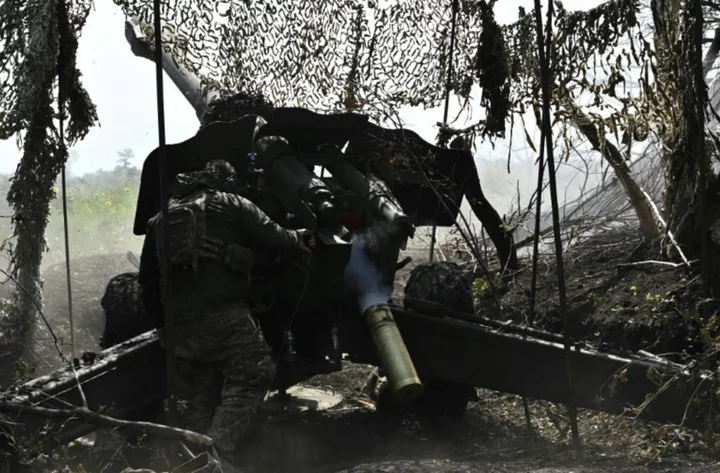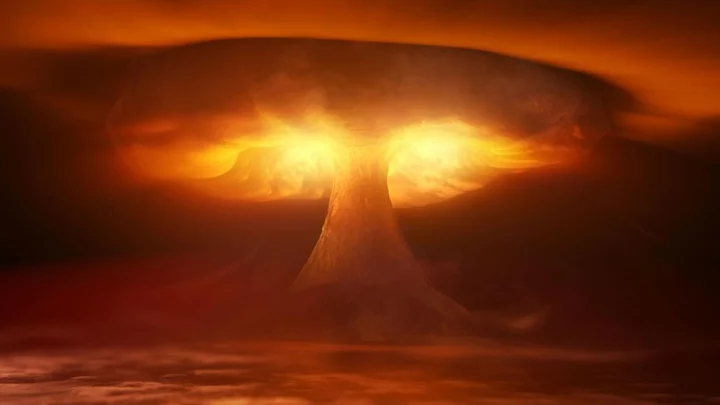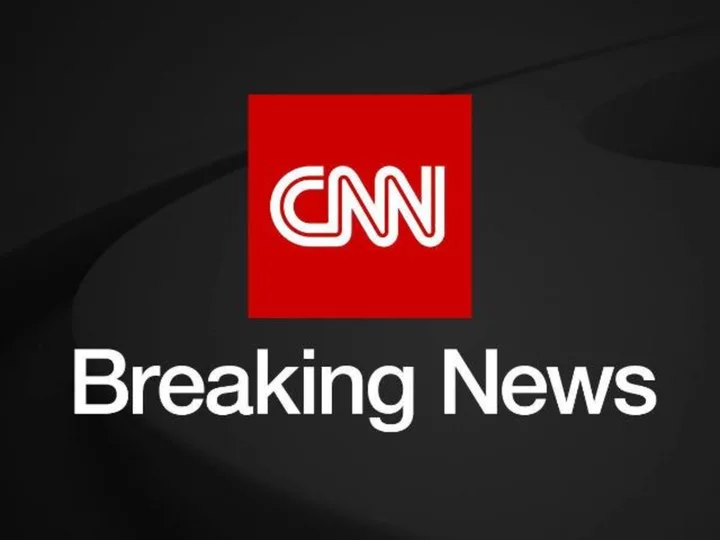Germany on Tuesday deepened the despondency around Western efforts to back Ukraine by saying the EU would not reach a target to supply Kyiv with a million artillery shells by March.
The pessimistic assessment came at a bleak time for Ukraine after its counter-offensive failed to regain territory and as Israel's war with Hamas distracts its key allies.
The European Union pledged last year to deliver one million desperately needed howitzer rounds to Ukraine by March 2024 to help Kyiv battle against Russia's invading forces.
So far, EU nations have only managed to provide 300,000 rounds from their existing stocks.
EU foreign policy chief Josep Borrell said countries have placed joint orders for 180,000 more 155-millimetre shells, but that figure is due only by the end of next year.
"Unfortunately, the cautionary voices are now right," German Defence Minister Boris Pistorius said at a meeting with his EU counterparts in Brussels on Monday.
"The one million will not be reached. We have to assume that."
Borrell said a major issue was that European defence firms were exporting about 40 percent of production to other countries.
"Maybe what we have to do is to try to shift his production to the priority one, which is Ukrainian. That would be quite a change," he said.
EU internal market commissioner Thierry Breton said efforts to ramp up production were having an impact and the EU should be able to turn out a million shells a year.
- EU must deliver -
Estonian Defence Minister Hanno Pevkur said his country had placed a 280-million-euro ($303 million) order for ammunition -- "the biggest procurement in Europe at this very moment".
"Look at Russia. They are producing today more than ever. They are getting shells from North Korea. Europe cannot say that Russia and North Korea can deliver and we cannot," he said.
"We don't have the luxury to say we are tired, because Ukrainians are not tired," Pevkur told AFP.
The EU's struggles to make good on promised deliveries comes as opposition in the US Congress has thrown doubt on key ally Washington's ability to sustain supplies.
"Certainly the war is lasting more than expected," Borrell said.
"We have to continue providing support stubbornly, more of the same."
Brussels says that together with EU member states it has funnelled military support worth 27 billion euros to Ukraine since Moscow invaded in February 2022.
But a plan to provide guaranteed support for Kyiv over the longer-term has stumbled.
Borrell in July proposed a new 20-billion-euro defence fund over the next four years to help cover arms deliveries to Ukraine.
The plan was part of a broader G7 vow to provide Kyiv long-term security commitments to help it ward off Russian aggression.
Discussions over the EU initiative have stalled amid doubts from key member states.
Germany -- which last week said it would double its own funding for Ukraine to eight billion euros next year -- is reluctant to commit more money to the EU pot.
Hungary, Russia's closest ally in the bloc, has also expressed scepticism over the plan.
Borrell said the EU would present a revised plan to Ukraine by the end of the month ahead of a debate by EU leaders in December on approving it.
del/rmb/giv









